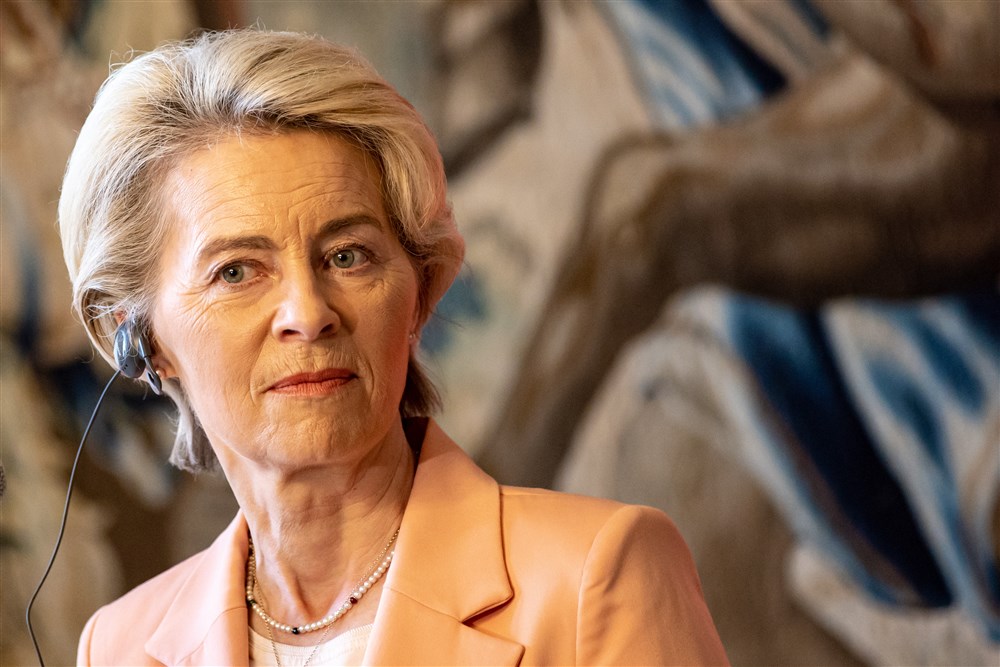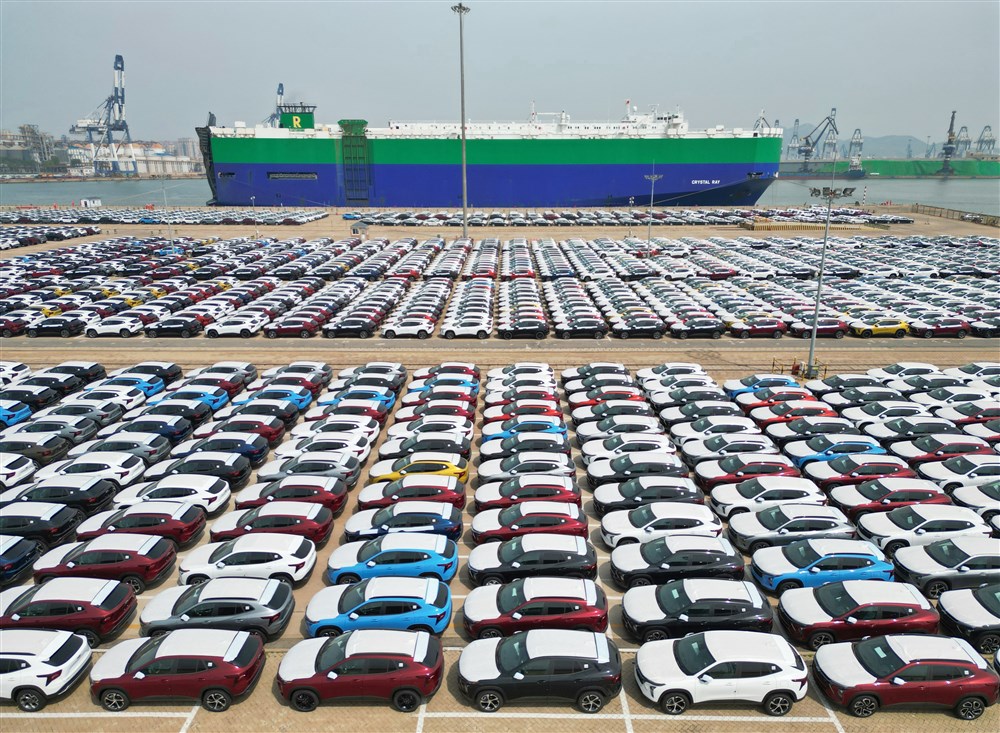What weight do personalities have in the design and implementation of European Union policies?
Given the huge, complex systems of checks and balances that prop up the Brussels law-making machine – a machine largely based on compromise – can one man, one woman, really make a difference?
Are the leaders of the big EU institutions centres of political gravity in their own right, or do they in essence relay the messages of their puppet-masters in the national capitals?
A case in point would be Charles Michel, the Belgian President of the European Council. His post has only existed since 2009, and the first holder, another Belgian, Herman Van Rompuy, arguably didn’t have much power at all. US diplomats would remark, after visiting Van Rompuy, that he didn’t seem to be particularly busy.
That began to change with his successor Donald Tusk, and Michel’s function today is seen as a rival to that of the European Commission President. Like all chairmen of powerful committees, Michel is free to interpret the views of the committee and therefore to promote his own view of what national governments, as a whole, are thinking. Chairmen can also potentially manipulate an agenda or in extreme cases refuse to call a meeting at all.
Michel’s political weight is perhaps best represented visually by the image in this article, which shows him alongside French President Emmanuel Macron and the leaders of Armenia and Azerbaijan during delicate peace talks. Michel is privy to the discussions that decide the fate of nations, which is in itself a powerful privilege.
The Council-Commission rivalry might explain why Michel and Commission President Ursula von der Leyen reportedly dislike each other, as perhaps best exemplified in their public 2021 row over a chair: Sofagate.
Briefings by rival factions to sympathetic journalists are constant, and this could explain today’s Politico article, which enumerates a number of anonymous complaints about Michel. The 47-year-old evidently “spends too much time on the road and too little time on the core function of his job: preparing and running European Council summits”. He is also “increasingly focused not on his current job, but rather on the next one” (his second term is coming to an end).
Michel, according to Politico’s writers, is “isolated at the apex of the European Council, his relationship with the national governments he’s supposed to serve at rock-bottom”.
Von der Leyen, too, has her detractors, in particular those who think it is strange that she has been unable or unwilling to find SMS messages sent as part of contract negotiations on Covid vaccinations with Pfizer. The German, a savvy politician, has increased her power in fields such as Russia sanctions policy by tightly controlling, and reducing to a bare minimum, the number of people who are privy to the negotiations, according to the Brussels rumour mill.
Power is a factor not only of the job itself but of the capacity of the individual to take advantage of the opportunities that arise. And additionally his or her ability to withstand the sniping of jealous rivals.





Is Macron just being a Gaullist?